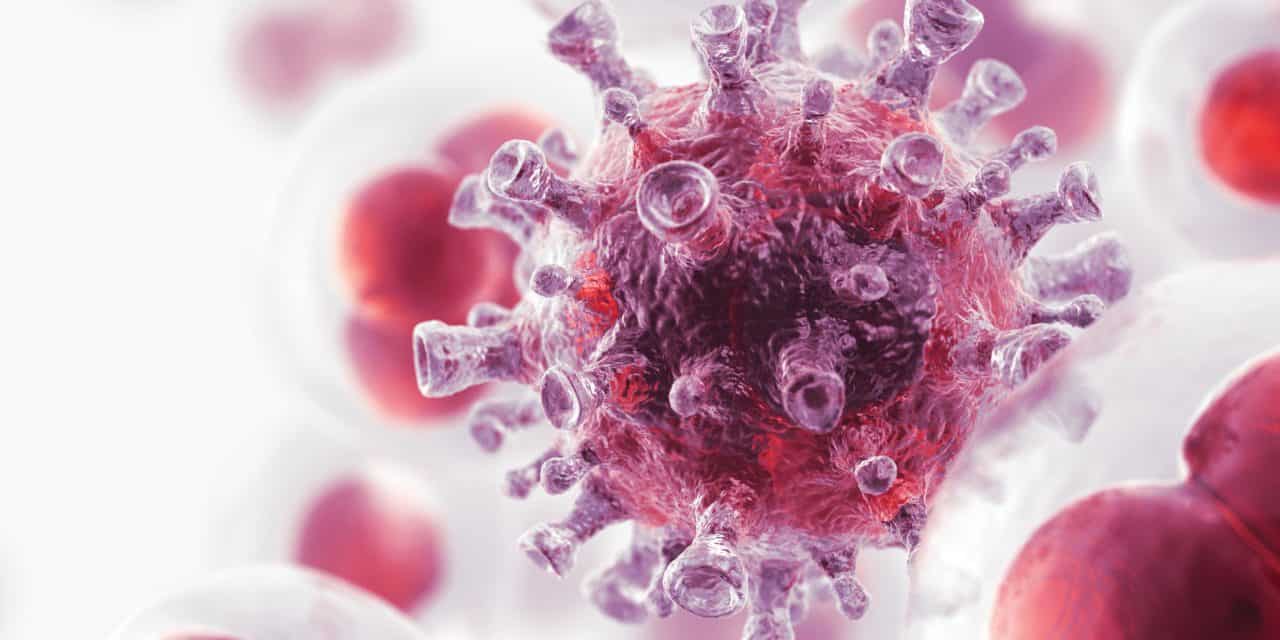There is no evidence that high-dose ceftriaxone monotherapy is effective for extragenital Neisseria gonorrhoeae (NG) infection. In a single-center observational study in Tokyo, Japan, a cohort of men who have sex with men (MSM) were tested for NG/Chlamydia trachomatis (CT) every 3 months. MSM over the age of 19 who were diagnosed with extragenital NG infection between 2017 and 2020 was included in a study. For those coinfected with CT, a single oral dose of 1 g azithromycin or 100 mg doxycycline administered orally twice daily for 7 days was given, while dual therapy with a single oral dose of 1 g azithromycin or 100 mg doxycycline was administered orally twice daily for 7 days was given for those coinfected with CT, according to infected sites. The number of NG-negative participants at test-of-cure was divided by the number of subjects treated to determine the efficacy of these treatments. In addition, the efficacy of the two groups was compared using Fisher’s exact testing. A total of 320 cases with extragenital NG were treated, with 208 receiving monotherapy and 112 receiving combined therapy. In the monotherapy group, efficacy against total, pharyngeal, and rectal infections was 98.1% (204/208, 95% confidence interval [CI]: 95.2–99.3%), 97.8% (135/138, 95% CI: 93.8–99.4%), and 98.6% (69/70, 95% CI: 92.3–99.9%), respectively, whereas in the dual therapy group, efficacy was 95.5% ( There was no significant difference in efficacy between the two groups (P=.29, P=.61, and P=.34, respectively). Therefore, high-dose ceftriaxone monotherapy for MSM with extragenital NG is equally effective as combination therapy.
Link:academic.oup.com/cid/article-abstract/73/8/1452/6277038?redirectedFrom=fulltext


